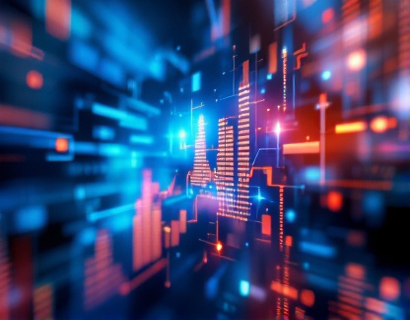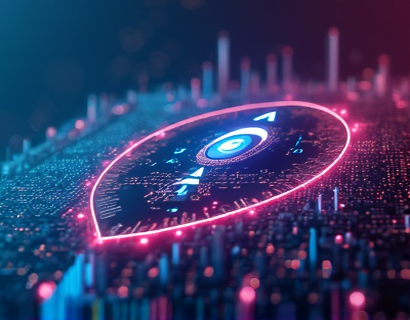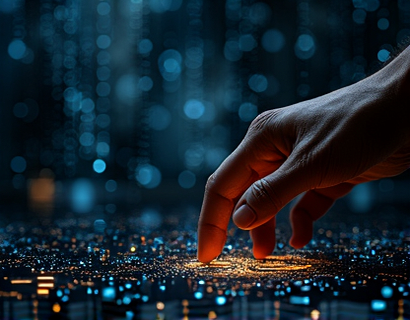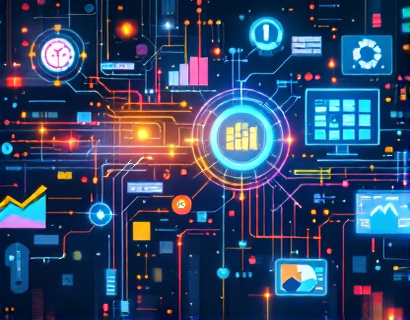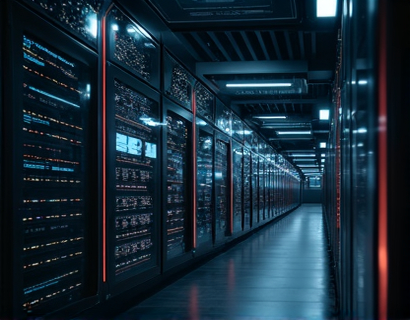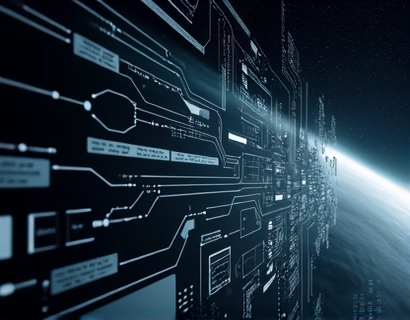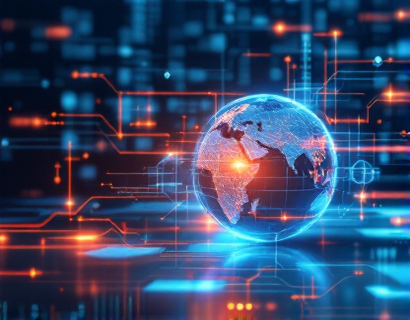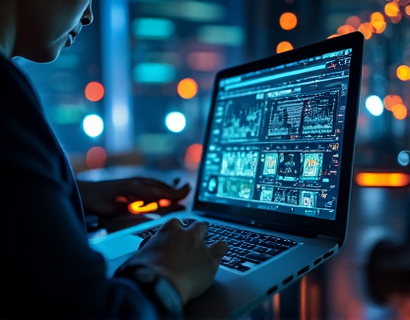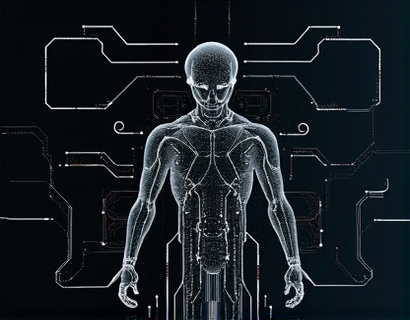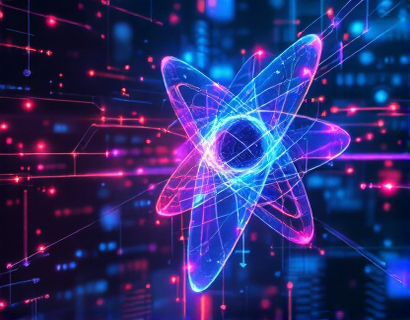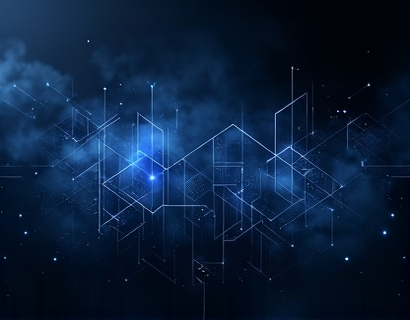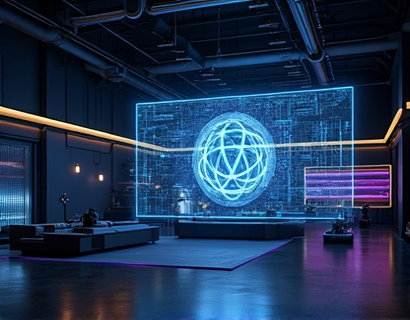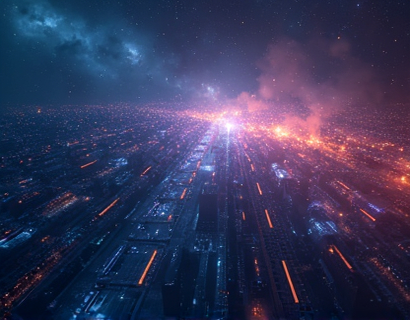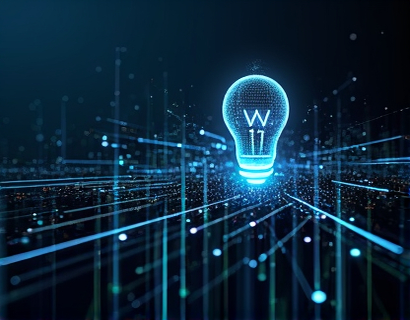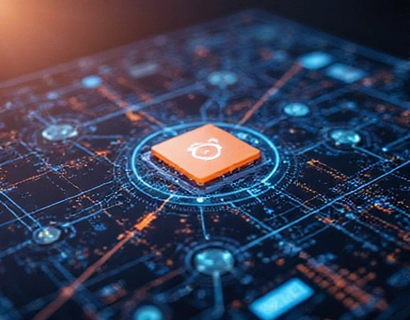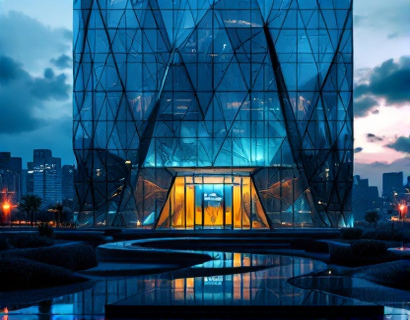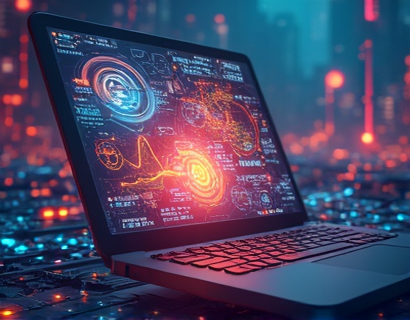Decentralized Dynamics: Harnessing AI and Crypto for Enhanced Productivity and Innovation
The intersection of cryptocurrency and artificial intelligence (AI) is giving rise to a new era of decentralized applications and services, fundamentally transforming how we approach productivity and innovation. This convergence is not just a technological curiosity but a powerful force reshaping the digital landscape. By leveraging the unique attributes of both AI and decentralized technologies, we can create more efficient, secure, and user-centric solutions that simplify daily tasks and unlock new possibilities.
Understanding Decentralized Applications
Decentralized applications, or dApps, operate on blockchain networks rather than traditional centralized servers. This shift offers several advantages, including enhanced security, transparency, and resilience against censorship. Unlike traditional apps, dApps are not controlled by a single entity, making them less vulnerable to hacks and data breaches. The decentralized nature ensures that data is distributed across a network of nodes, reducing the risk of a single point of failure.
The integration of AI into dApps further amplifies these benefits. AI can process vast amounts of data quickly and accurately, providing insights and automating tasks that would otherwise require significant human intervention. In a decentralized environment, AI can enhance decision-making processes, optimize resource allocation, and improve user experiences by personalizing services based on individual preferences and behaviors.
AI in Decentralized Ecosystems
AI plays a crucial role in decentralized ecosystems by enabling smart contracts to make informed decisions autonomously. Smart contracts are self-executing contracts with the terms directly written into code. When AI is integrated, these contracts can analyze complex data sets, predict outcomes, and execute actions based on predefined criteria. This autonomy reduces the need for intermediaries, lowering costs and increasing efficiency.
For instance, in decentralized finance (DeFi), AI-driven algorithms can optimize trading strategies, manage risks, and detect fraudulent activities. These algorithms can adapt to market conditions in real-time, providing users with more accurate and timely insights. Additionally, AI can enhance the user experience by offering personalized financial advice and automating routine tasks, such as portfolio management and transaction execution.
Enhancing Productivity with Decentralized Tools
The combination of AI and decentralization is revolutionizing productivity tools, making them more powerful and accessible. Traditional productivity software often relies on centralized servers, which can be slow and prone to outages. Decentralized productivity tools, on the other hand, leverage blockchain technology to ensure high availability and data integrity.
Consider decentralized storage solutions like IPFS (InterPlanetary File System). IPFS allows users to store and share files in a distributed network, eliminating the need for centralized storage providers. When combined with AI, these storage solutions can optimize file retrieval and management. AI algorithms can predict file access patterns, compress data efficiently, and ensure that frequently used files are readily available, enhancing overall performance.
Collaboration tools are another area where decentralized dynamics and AI can make a significant impact. Decentralized workspaces can facilitate seamless collaboration among team members, regardless of their geographical location. AI can enhance these platforms by providing real-time translation, sentiment analysis, and content summarization, breaking down language barriers and improving communication efficiency.
Simplifying Daily Tasks with AI-Driven Automation
One of the most immediate benefits of integrating AI into decentralized ecosystems is the automation of routine tasks. Smart home devices, for example, can be controlled through decentralized platforms, with AI managing energy consumption, security, and entertainment systems based on user preferences and behavior patterns. This level of automation not only saves time but also reduces energy costs and enhances security.
In the realm of personal productivity, AI-powered virtual assistants can integrate with decentralized calendars and task managers to create optimized schedules and reminders. These assistants can analyze a user's habits and preferences to suggest the best times for meetings, appointments, and breaks, ensuring a balanced and efficient workflow. The decentralized nature of these assistants ensures that data remains private and secure, as it is not stored on a single server.
Security and Privacy in Decentralized AI Systems
Security and privacy are paramount in decentralized AI systems. Blockchain technology provides a robust framework for securing data and ensuring transparency. Each transaction and data exchange is recorded on the blockchain, creating an immutable and auditable trail. This transparency builds trust among users and reduces the risk of fraudulent activities.
AI can further enhance security by detecting and mitigating threats in real-time. Machine learning algorithms can analyze network traffic, identify anomalies, and trigger alerts or automated responses to potential security breaches. This proactive approach to security is particularly important in decentralized environments, where traditional security measures may be less effective.
Privacy is another critical aspect. Decentralized systems can employ zero-knowledge proofs and other cryptographic techniques to ensure that sensitive information remains confidential. AI can assist in managing and protecting user data, ensuring that only authorized parties have access to specific information. This combination of decentralization and AI-driven security measures provides a comprehensive solution for protecting user data.
Case Studies and Real-World Applications
Several projects are already demonstrating the potential of decentralized AI applications. One notable example is Augur, a decentralized prediction market platform. Augur uses AI to predict outcomes based on crowd-sourced data, allowing users to bet on various events with confidence. The platform's decentralized nature ensures that predictions are fair and transparent, as all data is verified and recorded on the blockchain.
Another example is Band Protocol, which focuses on decentralized data storage and AI-driven data marketplaces. Band uses AI to optimize data storage and retrieval, ensuring that data is stored efficiently and accessed quickly. This not only reduces costs but also enhances the performance of AI applications that rely on large datasets.
In the healthcare sector, projects like Medibloc are leveraging blockchain and AI to create secure and interoperable health records. AI algorithms can analyze medical data to provide personalized treatment recommendations, while the decentralized storage ensures that patient data is secure and compliant with privacy regulations.
Challenges and Future Prospects
Despite the numerous benefits, the integration of AI and decentralization is not without challenges. Scalability remains a significant issue, as blockchain networks can struggle to handle high volumes of transactions. However, ongoing developments in layer 2 solutions and more efficient consensus mechanisms are addressing these concerns.
Another challenge is the complexity of integrating AI with decentralized systems. Developers need to possess a deep understanding of both technologies to create effective and user-friendly applications. Education and community support are crucial in overcoming this barrier.
Looking ahead, the future of decentralized AI applications is promising. As technology advances, we can expect more sophisticated AI models that can operate efficiently on decentralized networks. The convergence of 5G, edge computing, and quantum computing will further enhance the capabilities of these systems, opening up new possibilities in areas such as IoT, smart cities, and beyond.
The potential for decentralized AI to transform industries is immense. From finance and healthcare to supply chain management and entertainment, the applications are vast. By harnessing the power of AI and decentralization, we can create more resilient, transparent, and user-centric systems that drive innovation and productivity.




